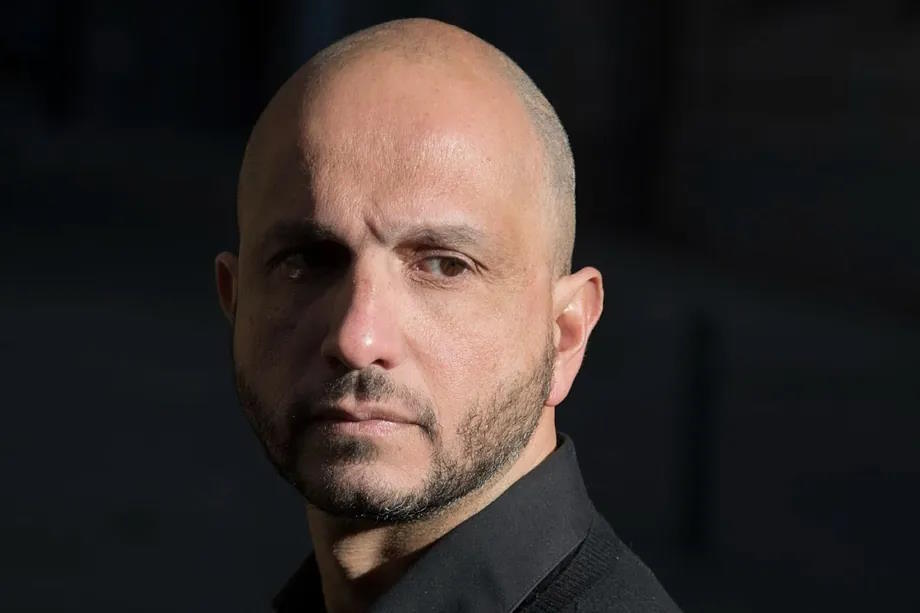It all started almost as a joke in the summer of 1999 when 21 friends from the San Francisco Bay area led by writer Chris Baty challenged themselves to write a 50,000-word novel in just one month. Two decades later, in the latest edition of 2023, 300,000 people from ninety countries participated in the National Novel Writing Month, or NaNoWriMo for short. Celebrated annually from November 1st to 30th, the planet's biggest writing challenge has just experienced a tumultuous week with only two months left before the new call. AI is to blame. Or maybe not.
The controversy erupted in early September when the non-profit organization promoting the writing marathon issued a statement that unleashed a wave of resignations, loss of sponsorships, and a heated debate in the US media about the future of literature. And all because of one sentence: "NaNoWriMo does not explicitly support any specific writing approach, nor does it explicitly condemn any approach, including the use of artificial intelligence."
Producing 50,000 words in a month is no small feat. The dedicated novice writer must type 1,667 words - about two pages - every day without missing a single one. Participants are prohibited from starting to write before November 1st but they can plan characters and plots. At the end of the month, they submit their manuscript to the association for validation and receive a nice certificate in return.
Although over a hundred novels completed or at least started during the marathon have been published and even achieved bestseller success, like Water for Elephants by Sara Gruen - adapted into a movie in 2011 - it is estimated that less than twenty percent of participants actually reach the finish line. The use of tools like chatGPT would undoubtedly help, but is it ethical to use generative AI in an event that celebrates literary creativity?
Many believe it is not. Authors Daniel José Older and Maureen Johnson announced on social media that they were resigning from continuing to participate on the NaNoWriMo writers' board. According to Johnson, "the challenge was a way to encourage people to sit down and develop their writing muscle, to promote community and creativity. AI is the opposite of that." And Older pointed out the organization's ties to ProWritingAid, a generative AI platform sponsoring this year's event.
Other sponsors of the international challenge, however, like the writing software company Ellipsus, have just announced that they will no longer support the event: "It's an attack on their own community".
The issue affects the very future of literature. Earlier this year, Amazon announced that it was limiting self-publishing on its AI-written book platform to only three titles per author per day. Daily, yes, you read that right. The chaos was total. Shortly before, writer Caitlyn Lynch had warned that only 19 out of the top 100 best-selling books in the Contemporary Romance category were works of human intelligence. The remaining 81 were perpetrated by bots.
Nevertheless, there are also writers who argue that AI is just another tool that can help them greatly without questioning their creativity. Just as computers replaced pens and Google replaced encyclopedias.
For example, Canadian experimental novelist Sheila Heti, who recently published a story in The New Yorker written by a chatbot to which she had given precise instructions, has stated in various interviews that she uses AI to inspire herself or to try out new forms of expression.
In Spain, writer Jorge Carrión has been a pioneer in writing his book Los campos electromagnéticos (Caja Negra, 2023) "hand in hand with an AI" trained for a year to write like him. "Since it is impossible to know for sure to what extent a text has been written automatically, it doesn't make much sense to allow or prohibit the use of AI, just as it doesn't make sense to indicate whether autocomplete or Google can be used," he explains to EL MUNDO.
"In my experience with Los campos electromagnéticos, I discovered that algorithms are far from producing literature, at least of the complexity that interests me. But they can certainly produce narratives at the level of many social networks or best-selling authors. In this specific case, the problem is not AI, but rather bringing the challenges of the sports world, activism, and social networks into the world of literature or prose."
